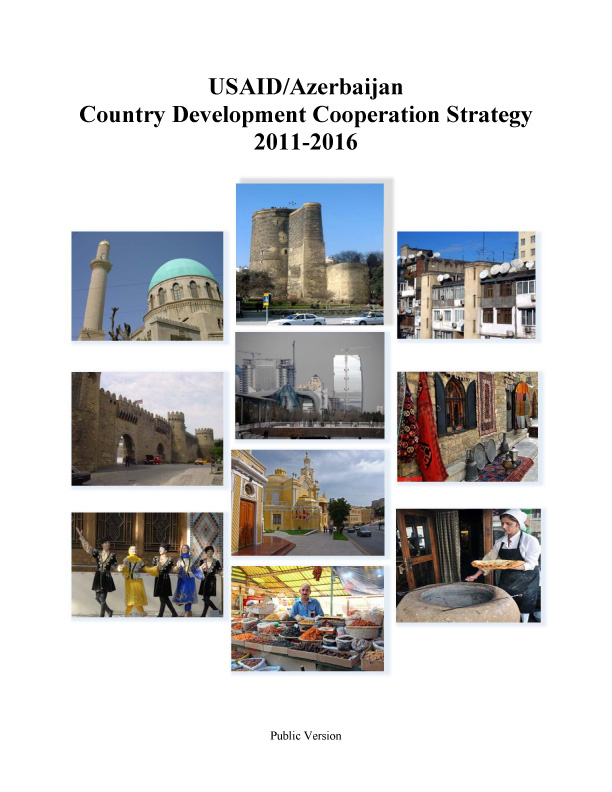The United States has three sets of long-term strategic interests in Azerbaijan: security, energy, and internal reform. Azerbaijan’s strategic significance derives from being a secular state with a Muslim-majority population and traditions of religious tolerance that lies at the crossroads of the Middle East, Central Asia, and Europe, anchors the emerging Southern Corridor to help Europe diversify its supplies of natural gas, and which, if successful in evolving into a market democracy, can inspire others in its region and beyond. Azerbaijan is also a strong partner in counterterrorism, including in support of implementation of financial sanctions and antiterrorism financial regulations, and in Afghanistan. Domestically, Azerbaijan has laid the foundation upon which it has the potential to build a more participatory society.
The goals of economic and political reform form the nexus of U.S. foreign policy and development agendas. Azerbaijan has demonstrated political will in some areas to embrace reform and has taken steps to improve the socio-economic conditions for its people. In other areas, change has moved at a slower pace. Azerbaijan began its reform agenda later than many other countries of the former Soviet Union because of the Nagorno Karabakh war of the early 1990s. Economic reform gained momentum after 2001 and accelerated after 2005, when oil revenues sharply increased.
The overall goals of USAID assistance in Azerbaijan over the CDCS period are to support Azerbaijan’s reform process by promoting competition and pluralism in society to lay the foundations for a sustainable market-based democracy. USAID aims to support the following objectives over the five year strategy period: 1) improving the investment climate and increasing investment to diversify economic growth (especially in agriculture); 2) increasing the effective participation of diverse actors and institutions in the democratic development of the country; and 3) investing in people, primarily through access to quality health care through strengthened practices and systems, social assistance through targeted programs and gender equality. To implement these objectives, we will partner with the private sector, NGOs, regional governments and with the Government of Azerbaijan (GOAJ).
The U.S. government’s longstanding development partnership with the GOAJ has evolved. It has matured from its initial focus largely on humanitarian assistance in the early 1990’s to one where we jointly plan and co-finance our activities. Today the partnership is one of equals, and focused on long-term development. In the coming years, we will build on the strong foundations of our relationship with our partners to broaden and deepen our collaboration, and strive to leave behind a sustainable legacy of our joint efforts.









Comment
Make a general inquiry or suggest an improvement.